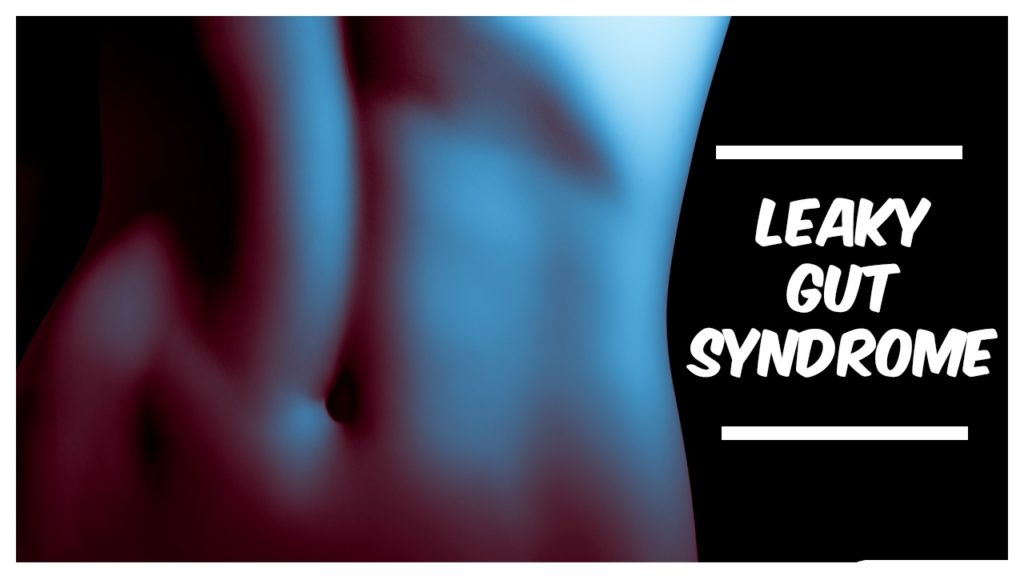“Leaky gut syndrome” is a proposed condition some health practitioners claim is the cause of a wide range of long-term conditions, including chronic fatigue syndrome and multiple sclerosis (MS).
Proponents of “leaky gut syndrome” claim that many symptoms and conditions are caused by the immune system reacting to germs, toxins or other substances that have been absorbed into the bloodstream via a porous (“leaky”) bowel.
While it’s true that some conditions and medications can cause a “leaky” gut (what scientists call increased intestinal permeability), there is currently little evidence to support the theory that a porous bowel is the direct cause of any significant, widespread problems.
There is also little evidence that the “treatments” some people claim help to reduce bowel “leakiness”, such as nutritional supplements and herbal remedies, have any beneficial effect for most of the conditions they supposedly help.
What can cause a “leaky” bowel?
The inside of the bowel is lined by a single layer of cells that make up the mucosal barrier (the barrier between the inside of the gut and the rest of the body).
This barrier is effective at absorbing nutrients, but prevents most large molecules and germs passing from inside the bowel into the bloodstream and potentially causing widespread symptoms.
In some circumstances, this barrier can become less effective and “leaky”, although this in itself is not generally thought to be sufficient to cause serious problems.
Alcohol and certain painkillers
Alcohol, aspirin and non-steroidal anti-inflammatory drugs (NSAIDs) such as ibuprofen are well-known irritants of the bowel lining. They can damage the seals between cells, allowing some substances to pass through the gaps and into the bloodstream.
Gastroenterologists (specialists in gut conditions) generally agree that these irritants don’t usually cause anything more than just mild inflammation of a particular area of the bowel.
This will usually cause no obvious symptoms and will improve over time if you stop taking the medication or stop drinking alcohol. At the very worst, the inflammation might be bad enough to occasionally cause ulcers in the bowel lining.
Certain conditions and treatments
The following conditions and treatments can also damage the seals in the bowel lining:
inflammatory bowel diseases – such as Crohn’s disease
infections of the intestines – such as salmonella, norovirus and giardiasis
chemotherapy medicines
radiotherapy to the abdomen (tummy)
immunosuppressants (medicines that weaken the immune system)
complicated surgery
Generally, even in these situations treatment for a “leaky” bowel isn’t necessary. However, under certain circumstances people with Crohn’s disease, for example, may benefit from a liquid diet to reduce bowel inflammation, which also improves the “leaky” bowel (read more about treating Crohn’s disease).
The “leaky gut syndrome” theory
Exponents of “leaky gut syndrome” – largely practitioners of complementary and alternative medicine – believe the bowel lining can become irritated and “leaky” as the result of a much wider range of factors, including an overgrowth of yeast or bacteria in the bowel, a poor diet and the overuse of antibiotics.
They believe that undigested food particles, bacterial toxins and germs can pass through the “leaky” gut wall and into the bloodstream, triggering the immune system and causing persistent inflammation throughout the body. This, they say, is linked to a much wider range of health problems, including:
tiredness and chronic fatigue syndrome
lupus, rheumatoid arthritis and multiple sclerosis (MS)
skin conditions such as scleroderma and eczema
However, there is currently little evidence to suggest these conditions are in fact caused by having a “leaky” gut.
Promoted products
Many different “treatments” have been suggested by people who promote the idea of “leaky gut syndrome”, including diet books, nutritional supplements (containing probiotics, for example), herbal remedies, gluten-free foods and other special diets, such as a low FODMAP, low sugar or antifungal diet.
However, you should be wary of treatments offered by people who claim to be able to “cure” “leaky gut syndrome”, as there is little scientific evidence to suggest they are beneficial for many of the conditions they are claimed to help.
Some people even promote various nutritional “treatments” for autism, despite conflicting evidence and a recommendation from the National Institute for Health and Care Excellence (NICE) that special diets shouldn’t be used to treat the main symptoms of the condition.
Some of the dietary changes suggested for “leaky gut syndrome” (such as a low FODMAP diet) can help people with irritable bowel syndrome (IBS), but these seem to work irrespective of the presence of a “leaky” gut.
Generally, eliminating foods from the diet is not a good idea unless it’s strictly necessary (for example, if you have coeliac disease) and done on the advice of a healthcare professional, as it can lead to nutritional deficiencies.




